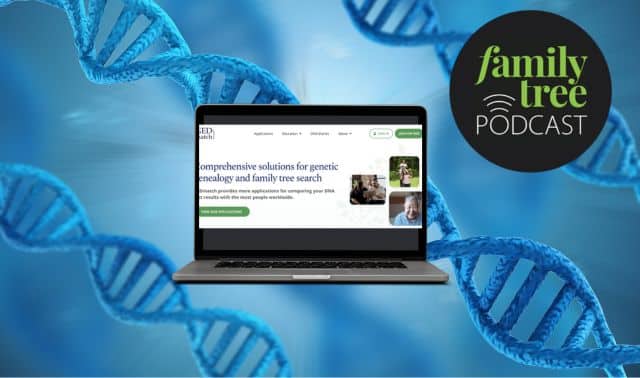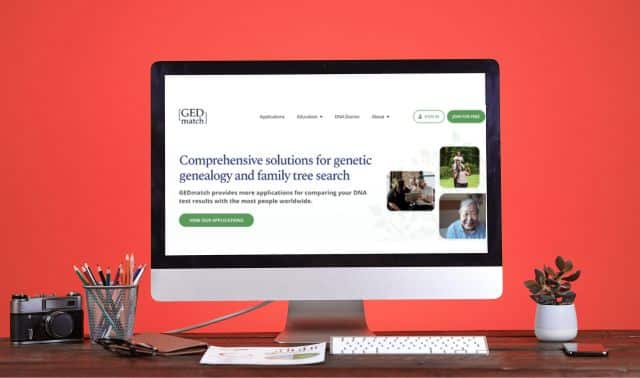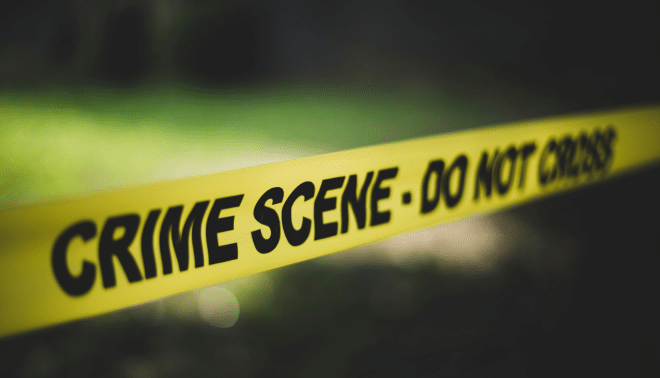I’ve been researching my family for about 10 years now, and I got excited when I saw the article on Dutch research in your May 2010 issue. My father’s side of the family is of Dutch heritage, and my mother’s side has a little as well. I grew up in the traditionally Dutch village of South Holland, Ill., a suburb of Chicago.
There are two free websites I use on a regular basis in my research that you didn’t include in the article: AlleGroningers <
www.allegroningers.nl> and AlleFriezen <
www.allefriezen.nl>. They’re strictly for the provinces of Groningen and Friesland in the Netherlands, and they both have searchable databases for birth, marriage and death registers. The websites are in Dutch but are easily translated with a service such as Google Translate <
translate.google.com>. The sites have images of most of the registers, so you can see what the handwritten pages with your ancestors’ vitals look like. They’ve been very helpful for me, and I hope they can provide a missing Dutch ancestor for someone else.
David Meyers » Lockport, Ill.
Frisian Vision
My wife subscribes to Family Tree Magazine and alerts me whenever there’s an article about the Netherlands. You did an excellent job explaining the difference between Holland and the United Kingdom of the Netherlands. There are many magazines about genealogy, and some of them don’t know the difference between a Dutchman, a Hollander and a Frisian.
Why don’t you write an article about Frisians? It would be a first. I have two books on the subject: Frisian-English Dictionary (Frysk-Ingelsk Wurdboek) by Raymond John Fisher (self-published) and a book on Frisian history and literature by Bernard J. Fridsma Sr.
Hollanders actually are Frisians—they separated themselves (the House of Holland) in the ninth century from other Frisians. To my knowledge, there was no group of people identified as “Dutch” before the end of the Eighty Years War with Spain. One way to tell if your ancestors were Dutch or Frisian is the surname’s prefix or suffix. Dutch people often use a prefix such as van-, den- and ten-. West Frisians tend to use suffixes such as -stra, -ma, -enk and -ing. East and North Frisians often have double letters in their Scandinavian-sounding names, such as Jaansen.
Fred William Lautenbach II » Lake Havasu City, AZ
What a Treat
Just want to tell you what a kick it was to read in the May 2010 issue about my uncanny coincidence in finding the grave of my husband’s great-grandfather. Then receiving the 2009 back issue CD as a prize—frosting on the cake.
I love your magazine and will continue to be one of your satisfied fans. When the magazine arrives, I just stop what I’m doing to see what your latest issue brings to your subscribers. Keep up the good work! You do so much for those of us researching our heritage.
Rose Mary Keller Hughes » West Henrietta, NY
Great Shape
I was thrilled to see the Genealogy and Family History Certificate Program offered at the University of Washington <
www.extension.washington.edu/ext/Certificates/gfh/gfh_gen.asp> mentioned in the March 2010 article “Shaping Up” by Sunny McClellan Morton. I graduated from that program a decade ago, and I’m still enthusiastically promoting it to anyone who will listen. The instructors are phenomenal, and you get to talk about your research adventures and finds.
A few details need clarification, however: The certificate program lasts for one academic year, September through June, and you take one $630 class per quarter. You’re strongly encouraged to commit to the entire course, because you work on a project of your own choosing throughout the year. You’ll always be glad you took the class—some people have taken it more than once.
Lisa Marker » Shoreline, Wash.
Correction: In the May 2010 Making Connections column, a reader recommended the Cornell University Library Making of America collection <digital.library.cornell.edu/m/moa> as a source of digitized newspapers. That collection, however, contains only journals, monographs and Civil War documents.




